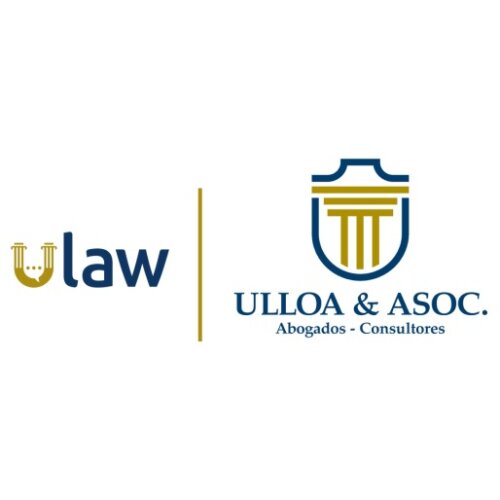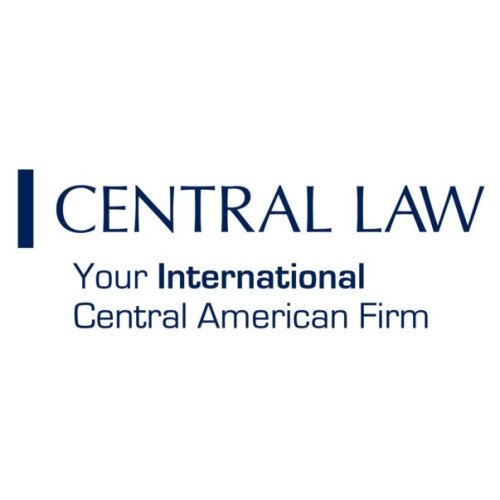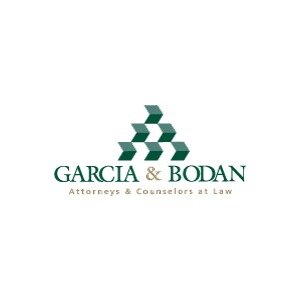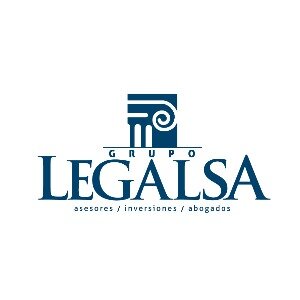Best Tax Lawyers in San Pedro Sula
Share your needs with us, get contacted by law firms.
Free. Takes 2 min.
List of the best lawyers in San Pedro Sula, Honduras
About Tax Law in San Pedro Sula, Honduras
Tax law in San Pedro Sula, one of the largest cities in Honduras, is governed by a combination of national and local regulations. The legal framework outlines the obligations of individuals and entities in terms of tax payment to support public infrastructure and services. This includes income tax, value-added tax (VAT), property tax, and other lesser-known taxes applicable to specific activities or trades.
The tax system in Honduras is primarily managed by the Servicio de Administración de Rentas (SAR), which is responsible for tax collection and enforcement. Compliance is crucial for both individuals and businesses, and understanding the local nuances of these regulations is essential for sound financial planning and legal compliance. Tax laws can be intricate and frequently updated, which makes staying informed a challenge for many.
Why You May Need a Lawyer
There are several common scenarios in which individuals and businesses might seek the assistance of a tax lawyer:
- Tax Disputes: If you face disputes over tax assessments or audits, a lawyer can represent your interests and negotiate with tax authorities.
- Business Structuring: Understanding tax implications when setting up or restructuring a business can benefit from legal advice for optimal tax efficiency.
- Compliance and Reporting: Ensuring that all tax filings are accurate and submitted within deadlines is vital, and a lawyer can help in maintaining compliance.
- Tax Planning: Legal guidance can be invaluable in planning for tax liabilities to take advantage of tax incentives and exemptions.
- Legal Reforms: Keeping abreast of changes in tax laws can affect tax liabilities, and a lawyer can help navigate these changes.
Local Laws Overview
The local tax laws in San Pedro Sula incorporate national legislation with specific local requirements. Key aspects include:
- Income Tax: Individuals and businesses are subject to income tax based on their earnings. There are different tax brackets applied to different levels of income.
- Value-Added Tax (VAT): VAT is applicable on a wide array of goods and services at a standard rate, which businesses must account for.
- Municipal Taxes: This includes specific local property taxes based on the location and value of properties within San Pedro Sula.
- Special Contributions: Certain industries or activities might be subject to additional taxes or levies, emphasizing the importance of understanding industry-specific regulations.
Frequently Asked Questions
What is the current VAT rate in Honduras?
The standard Value-Added Tax rate in Honduras is 15%, with some exceptions at different rates or exemptions for specific goods and services.
Who needs to file income taxes?
Both residents and non-residents who receive income in Honduras must file income taxes. Businesses of all sizes are also required to file tax returns.
Are there any tax incentives for foreign investors in San Pedro Sula?
Yes, Honduras offers various tax incentives for foreign investments, particularly in specific sectors such as tourism, export, and renewable energy.
How often are business tax returns required to be filed?
Business tax returns in Honduras are typically filed annually, though specific taxes, such as VAT, may require monthly or quarterly submissions.
What happens if I miss the tax filing deadline?
Missing a tax filing deadline can result in penalties and fines. It is advisable to seek legal assistance immediately to mitigate any issues.
How can I resolve a tax dispute with the SAR?
A tax lawyer can assist in resolving tax disputes, often by negotiating settlements or representing you in legal proceedings with the SAR.
What records do I need to keep for tax purposes?
Maintaining detailed records of all financial transactions, including receipts, invoices, and financial statements, is crucial for accurate tax filing and compliance.
Are there different tax rates for different types of income?
Yes, different types of income, such as salary, investment income, or business profits, may be subject to different tax rates and regulations.
Can tax obligations change if I hire employees?
Yes, hiring employees affects tax obligations, primarily through payroll taxes, contributions to social security, and potential employer tax incentives or credits.
What steps should I take if I receive a tax audit notice?
Upon receiving a tax audit notice, it is important to organize your records and seek legal assistance to ensure a proper response and defense preparation.
Additional Resources
Individuals seeking information or assistance with tax matters in San Pedro Sula may find the following organizations helpful:
- Servicio de Administración de Rentas (SAR): The main governmental body overseeing taxes in Honduras, providing information and assistance on tax matters.
- Municipal Office of San Pedro Sula: For local tax-related queries and payments specific to the city.
- Certified Accountants and Tax Advisors: Local professionals who can provide personalized advice and services.
- Honduran Bar Association: An organization that can help you find qualified tax lawyers in the area.
Next Steps
If you require legal assistance with tax matters in San Pedro Sula, engage in the following steps:
- Research: Begin by educating yourself on your specific tax concerns, which will help in understanding the advice given by professionals.
- Consult with Professionals: Reach out to a reputable tax lawyer or accountant who specializes in Honduran tax law.
- Prepare Documentation: Gather all relevant financial records and documents that may support your case or tax situation.
- Avoid Delays: Address tax issues promptly to minimize penalties or interest on unpaid taxes.
By following these steps, you can navigate the complexities of tax law with greater confidence and ensure compliance with local regulations.
Lawzana helps you find the best lawyers and law firms in San Pedro Sula through a curated and pre-screened list of qualified legal professionals. Our platform offers rankings and detailed profiles of attorneys and law firms, allowing you to compare based on practice areas, including Tax, experience, and client feedback.
Each profile includes a description of the firm's areas of practice, client reviews, team members and partners, year of establishment, spoken languages, office locations, contact information, social media presence, and any published articles or resources. Most firms on our platform speak English and are experienced in both local and international legal matters.
Get a quote from top-rated law firms in San Pedro Sula, Honduras — quickly, securely, and without unnecessary hassle.
Disclaimer:
The information provided on this page is for general informational purposes only and does not constitute legal advice. While we strive to ensure the accuracy and relevance of the content, legal information may change over time, and interpretations of the law can vary. You should always consult with a qualified legal professional for advice specific to your situation.
We disclaim all liability for actions taken or not taken based on the content of this page. If you believe any information is incorrect or outdated, please contact us, and we will review and update it where appropriate.

















